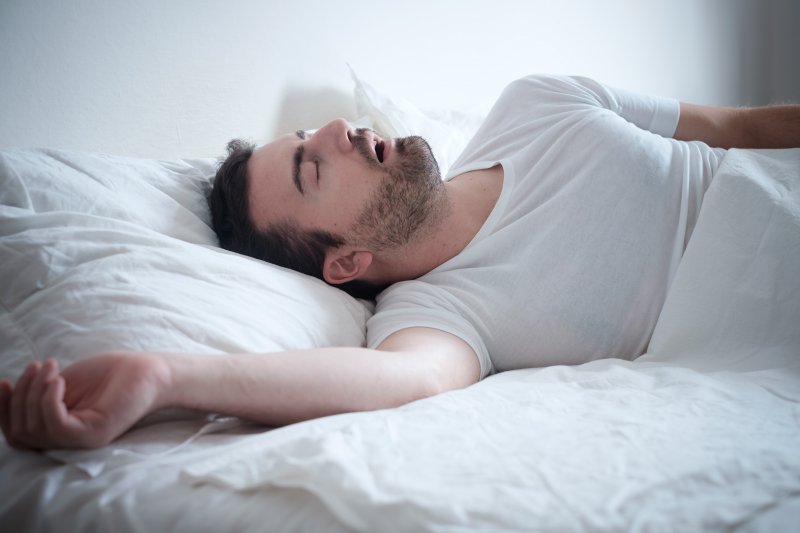
If turning to Google for insight on sleep apnea is your go-to method of research, you’re not alone. Many patients rely on medical websites and online communities to diagnose and explain certain symptoms and diseases. While the data on these sites are not necessarily untrue, they often do not provide the full picture, which can lead to misinformation and false statements surrounding a particular health condition. If you are struggling to achieve a full night’s rest and simply want answers to your most common questions, it’s time to debunk these 3 sleep apnea myths once and for all.
Myth #1: Men Are the Only Ones Affected by Sleep Apnea
While women wish this were true, it’s downright false. Yes, more men are diagnosed with sleep apnea than women; however, it is believed that 45% of referrals for sleep apnea treatment are for women. The symptoms males and females experience are often different with most women experiencing extreme fatigue, depression, and insomnia. The unfortunate reality is that most cases of sleep apnea go undiagnosed because the symptoms closely resemble those of a multitude of diseases and conditions. And because snoring is not as common among women, sleep apnea is usually not even considered a possibility.
Myth #2: Sleep Apnea Will Eventually Go Away On Its Own
If this were true, there would be little need for sleep dentists. Although it is accurate that with the proper treatment, symptoms will improve over time, sleep apnea never actually “goes away.” However, when reading various opinions and forums on the internet, others may try to get you to believe otherwise. In these instances, it is most likely that a person is simply neglected their symptoms or believes it will “clear up” and get better in time. The truth is that forgoing necessary treatment can cause additional health problems such as high blood pressure, stroke, heart attack, or even cancer.
Myth #3: Alcohol Consumption Can Help Improve Sleep
Enjoying a glass of wine isn’t uncommon for many people; however, the belief that it will help you sleep better is untrue. Researchers have spent years studying this theory only to discover that alcohol is actually more detrimental to your health and overall sleep quality. Yes, it can cause you to become tired, but it often inhibits your chances of completing a full sleep cycle. When you do not spend adequate time in each stage of sleep, you will often find you’re more fatigued in the morning. Also, because alcohol is known to “help” muscles relax, it can cause a collapse in the airway and lead to an apneic blockage.
Now that you know the truth, why not talk to your sleep dentist in Powell about what you can do to start treatment? As you learn more from the experts about this condition, you can be more well-informed to make the right decisions for your overall health.
About the Author
Dr. Shelley Shults is a board-certified nurse practitioner, general dentist, and dental sleep medicine practitioner. She graduated from Wichita State University with a bachelor’s degree in Nursing before going on to spend years working in a variety of nursing fields, including everything from internal medicine to urgent care. In 2001, she graduated from The Ohio State University with a Doctor of Dental Surgery degree. Dr. Shults and her team are proud to offer patients a solution to their sleep problems and look forward to helping you achieve the rest you need. If you or a loved one is suffering from sleep apnea, contact us at (614) 396-9310.
